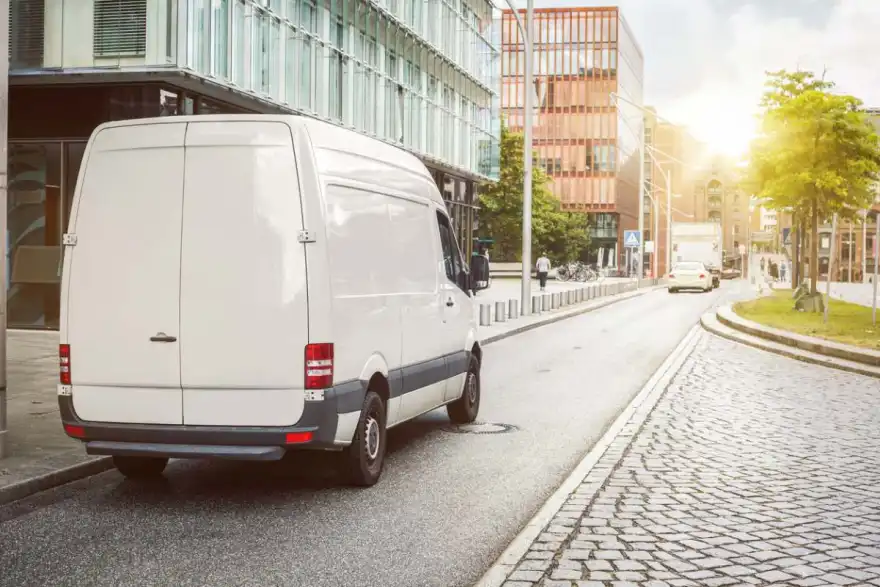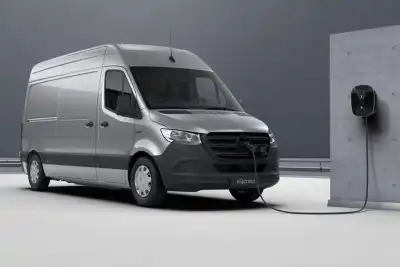
Taxing your van involves paying Vehicle Excise Duty (VED), the tax required by the DVLA to keep your van legally on the road. If you've recently acquired a van, one of your first tasks will be figuring out how to pay this tax. Here's a guide to help you through the process.
HMRC's definition of a van
To determine the tax you'll need to pay. it's essential to first classify your vehicle. According to HMRC, a vehicle qualifies as a van if it's primarily used for carrying goods rather than passengers and has a gross weight (fully loaded) of 3,500kg or less.
Road tax for commercial vehicles
The amount of road tax you'll pay for a commercial vehicle varies based on the age of your van, its emissions standards, and your preferred payment method, either a one-time payment or a monthly Direct Debit. Here's a breakdown:
| Date of Registration | Annual Payment | Monthly Direct Debit (12 Months) | 6-Month Payment | Monthly Direct Debit (6 Months) |
| All vans registered after 1/3/01 including euro 6 | £260 | £273 | £143 | £136.50 |
| Euro 4 vans (1/3/03 to 31/12/06) | £140 | £147 | £77 | £73.50 |
| Euro 5 vans (1/1/09 to 31/12/10) | £140 | £147 | £77 | £73.50 |
| Electric vans | £0 | £0 | £0 | £0 |
How to pay your VED
Today, there are several ways to pay your VED. Depending on whether you're paying for the first time or renewing, you may need different documents. Payment can be made online, by phone, or at the post office.
Understanding company van tax
Company van tax, also known as the Van Benefit Charge, is the tax you'll pay if you use a company van for personal use. It's important to differentiate between private use (which includes anything beyond commuting to work) and business use, as this will determine whether you need to pay this tax.
What is Benefit in Kind tax?
The van benefit charge is an annual benefit-in-kind tax, applying to company vans used for personal purposes. The tax is fixed at £3,350, meaning:
- If you're in the 20% tax bracket, you'll pay £670 per year.
- If you're in the 40% tax bracket, you'll pay £1,340 per year.
Electric company van tax
If your company van is electric and used for private purposes, you'll still pay the Van Benefit Charge, but at a reduced rate:
- A 20% taxpayer will pay £269 per year.
- A 40% taxpayer will pay £536 per year.
Tax benefits of leasing a van
One advantage of leasing van for a VAT-registered business is that you can claim back your monthly payments as a tax-deductible expense.




